Scholars 2015-16
|
Members |
||||
|
Ari Adut
|
I am working on a book that proposes a new explanation for the violent radicalization of the French Revolution. The project also has general implications for the social and political dynamics unleashed in times of state breakdown. |
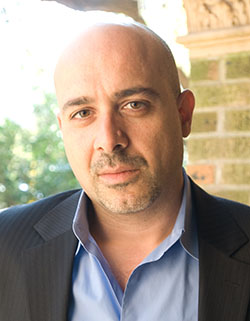 |
||
|
|
||||
|
Angel Aedo |
I will work on a book manuscript focused on the experiences of immigrants on Chile’s northern border. I will examine how care and control initiatives (deployed through government programs and NGOs) place a population of immigrants as both dangerous and endangered. I argue that these experiences at the edges (where social boundaries and territorial borders are intertwined), have the potential to become pivotal instances where the stakes of "forms of life" are put to test. |
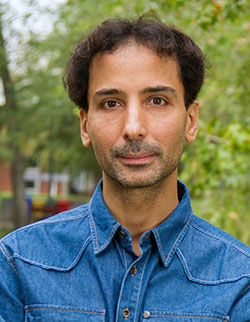 |
||
|
|
||||
|
Linda Bosniak |
Linda Bosniak is a legal theorist who has written about conceptions of justice in various citizenship and transnational migration settings. In her current work on irregular migrants in liberal states, she is analyzing questions of whether, and in what respects, irregular migrants can be said to have committed a wrong against the state of presence, and in turn, how this assessment of “wrongness” bears on the nature of claims that may be made on behalf of immigrants’ rights. |
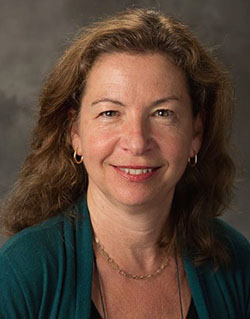 |
||
|
|
||||
|
Serguey Braguinsky |
While we know that poor institutions are the main culprits behind economic failures, studying the interaction between technological opportunity, human capital, market demand, and institutional rules governing rent appropriation appears to be most promising in understanding how nations succeed. I use detailed “nanoeconomic” data from Meiji-era Japan to examine this. |
 |
||
|
David Ciepley |
My research challenges the reclassification of corporations over the past two centuries from “bodies politic” to private enterprises—a legal status that exempts them from any duty to, accountability to, or even publicity to the public, and that endows them with legal rights and protections that they ought not have. |
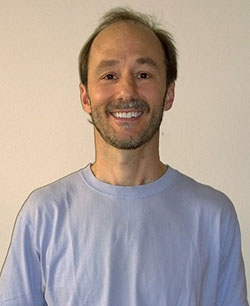 |
||
|
Brian Connolly
|
Brian Connolly is researching kinship, religion, and law in the nineteenth-century United States. Exploring six sites where kinship and religion intertwined in the context of the rise of international marriage law (representations of Hindu and Muslim kinship in India and North Africa, slave maroon communities, Mormonism, spiritualism, and ethnography), his study will offer genealogies of secularism, national sovereignty, and modernity. |
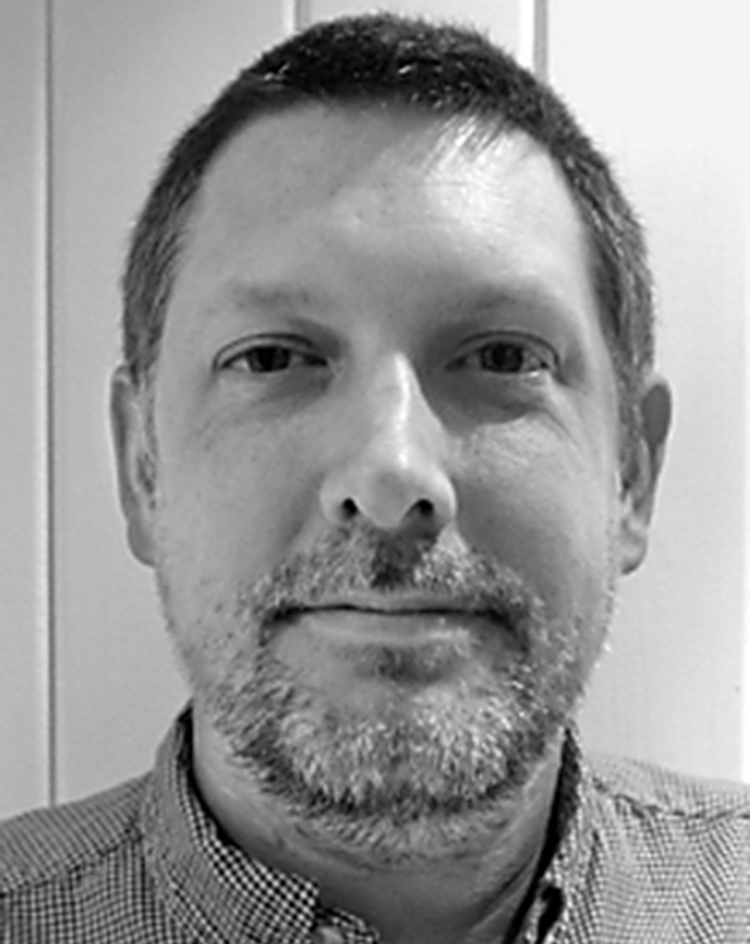 |
||
|
|
|
|||
|
Ilana Feldman |
Ilana Feldman is working on a book entitled Life Lived in Relief: Palestinian Experiences with Humanitarianism. Based on extensive archival and ethnographic field research covering 65 years (from 1948-present) and five fields of displacement (Jordan, Lebanon, Syria, West Bank, and Gaza Strip) this study provides a comprehensive account of the Palestinian experience living with humanitarian assistance across this full time and space. By giving close attention to the experiences of both providers and recipients of aid it explores the complex world constituted by and through humanitarianism and how this world is experienced by the range of people who inhabit it. |
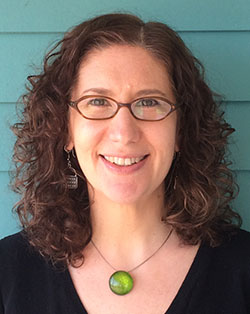 |
||
|
|
||||
|
Chaim Gans |
I plan to study the relationship between cosmopolitanism and nationalism implied by proprietary, hierarchical, and egalitarian types of nationalism. Under the egalitarian type, nationalism and cosmopolitanism are compatible, mutually dependent, and complementary. I will discuss the details of their dependence as political visions, and defend a cosmopolitan account for the distribution of national/cultural rights. |
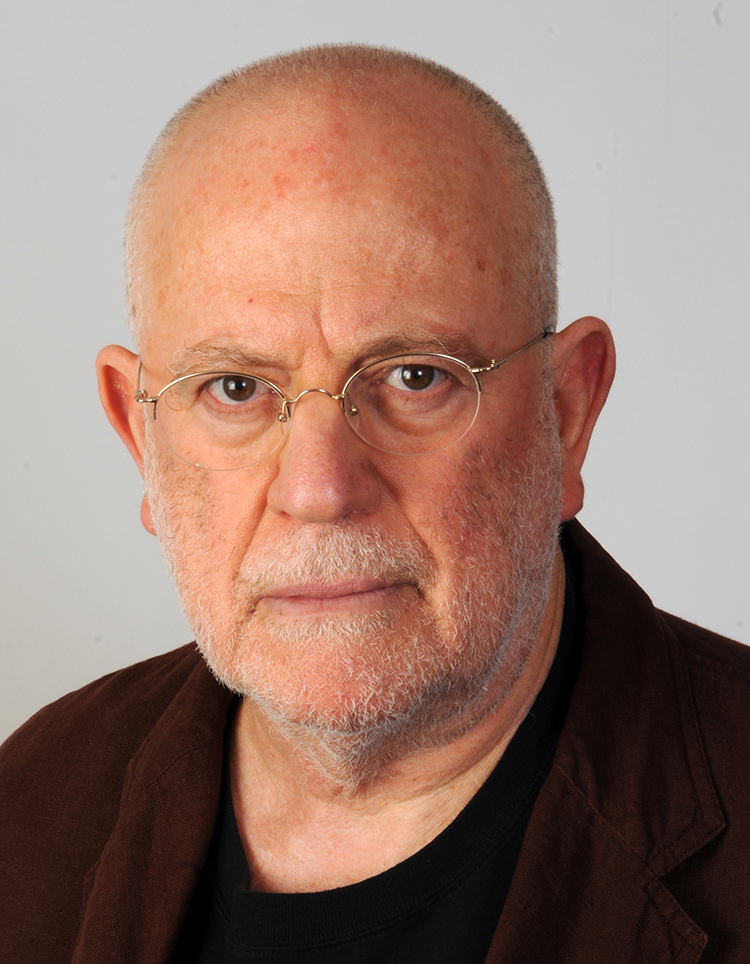 |
||
|
Alice Goffman |
The project is an ethnographic inquiry into the formation of human bonds and human identity. I ask: what are the situations that generate, sustain, and end our bonds to people and things? What are the experiences, large and small, that make us who we are? The ideas come out of field notes, but most of the examples in the text come from novels and non-fiction. It’s a new way of writing for me; I’m hoping to get into a good stride at the Institute and finish a first draft of the manuscript. |
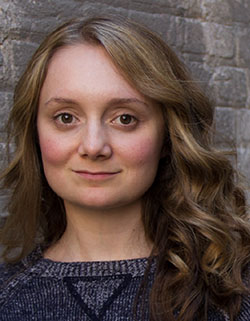 |
||
|
|
||||
|
Carol C. Gould |
My project addresses the motivation for taking seriously the human rights and basic needs of others across borders—e.g., those impacted by extreme poverty or climate change—and for standing in solidarity with them. Drawing on theories of deliberative democracy, care ethics, and social movements, it will investigate how empathy can make reasoning more effective, and recognition more inclusive. |
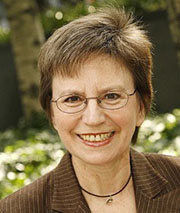 |
||
|
|
||||
|
Abdoulaye Gueye
|
My time at the Institute for Advanced Study is devoted to the completion of a research project on racial boundaries in France, with a specific focus on blackness. This research examines the collective process by which social actors are assigned distinct racial groups, and more importantly, come to understand when race is at play, and in turn, convey this knowledge. It will thus unveil the behavioral and rhetorical mechanisms, the ways, and implements with which individuals teach and learn racial boundaries. Blending Pierre Bourdieu’s and Ivan Illich’s analysis of social stratification, I have devised a novel theory of racial boundaries that incorporates the plurality of the modes of racialization, as it heeds racializing behaviors and rhetoric shared across class, ethnicity, and nationality lines. This plurality is due to the heterogeneity of society since social classes, ethnic groups, or immigrants elaborate and learn parallel codes, and signs to convey the boundaries of race. Ultimately, this research aims to be a watershed contribution to the emerging literature on black French, and the extensive literature on race. It will take the study of race to a higher level of sophistication. |
|||
|
|
|
|||
|
Tod G. Hamilton |
Between 1960 and 2013, the number of black immigrants in the United States increased from approximately 125,000 to approximately 3,793,000 individuals. Although black immigrants only comprised 9 percent of the black population in the United States in 2012, over 16 percent of black children born in that year were the children of black immigrant women. If these trends continue, black immigrants and their descendants will play a significant role in driving the social, economic, and health trajectories of the country’s black population over the next several decades. While research suggests that black immigrants have more favorable health outcomes than their native-born counterparts, there are still significant gaps in understanding. I am currently working on a project that investigates the magnitude of black immigrants’ health advantage, how these advantages differ among immigrants by both country of origin and arrival cohort, and whether health selection is a primary driver of nativity differences in health among blacks in the United States. |
 |
||
|
|
||||
|
Enze Han |
This project looks at the process of state building and nation formation in the multi-ethnic borderland region in upperland Southeast Asia. Utilizing an interactive theoretical framework, this project provides a detailed and comparative analysis of the nation and state building strategies of China, Myanmar, and Thailand, and how they influence each other during and after the Cold War periods |
 |
||
|
|
||||
|
Firoozeh Kashani-Sabet |
Firoozeh Kashani-Sabet works on Middle Eastern history with a focus on Iran, the Ottoman Empire, and the Persian Gulf. Her research discusses the significance of land and border disputes in the process of identity and nation formation. She pays particular attention to cultural production, ethno-linguistic conflict, epidemics, and natural resources–themes explored in her first book, Frontier Fictions: Shaping the Iranian Nation, 1804-1946, and her various articles. While at the Institute, Kashani-Sabet will be completing a forthcoming book, Tales of Trespassing: Borderland Histories of Iran and the Middle East, in which she expands on her arguments about frontiers, migration, nature, and border communities in Middle Eastern modernity. |
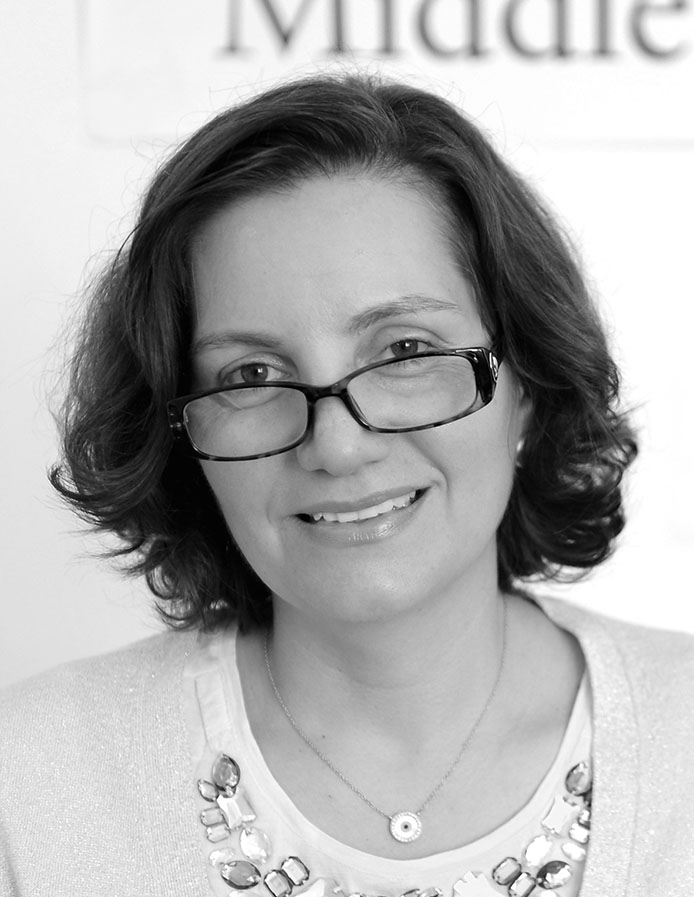 |
||
|
|
||||
|
Monica Kim |
Monica Kim is working on a trans-Pacific history of decolonization told through the experiences of two generations of people creating and navigating military interrogation rooms in the mid-twentieth century. Through this prism of military interrogation rooms of the Korean War, her book tells the story of how this U.S. and United Nations "police action" was a crucible for a new paradigm for liberal warfare - the war of intervention. |
 |
||
|
|
||||
|
Francesca Merlan |
I will complete a book in-progress (tentative title: Dynamics of Difference) focusing on the relational precipitation of indigenous – nonindigenous boundaries, and their changing character over time. The book is ethnographically informed by my own long-term research in northern and central Australia, and comparatively informed with particular reference to other indigenous-settler states. |
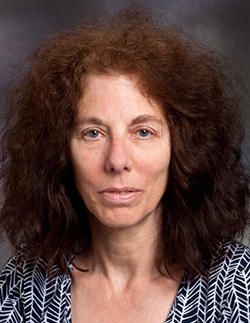 |
||
|
|
||||
|
Basile Ndjio
|
During his fellowship at the Institute, Basile Ndjio will be working on a manuscript that analyses the forging of sexual nationalism and citizenship in Cameroon. The research will focus on the construction of heterosexual subjects promoted as good citizens, and the alienation of homosexual persons construed as "alien" citizens and "uprooted" Africans.
|
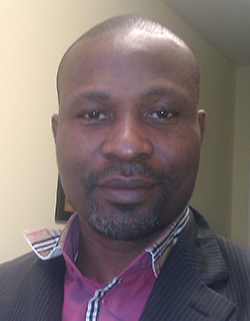 |
||
|
|
||||
|
Paul Nugent |
The project explores the way in which the state in Ghana and Uganda is being reconfigured at the margins. The starting point is a comparison of state-making processes over the past hundred years. I then consider new technologies and techniques of governance that remain works in progress and which arise out of the uneasy conjuncture between regional integration and security agendas. From the standpoint of the border itself, I seek to understand how the project of "respacing" Africa through massive investments in infrastructure and information technologies affects the work of government officials, as well as the livelihoods of border workers. The overall project seeks to bring together an analysis of policy formulation covering border regions with a bottom-up appreciation of how official interventions are received, appropriated, ignored, and subverted. |
 |
||
|
|
||||
|
Rhacel Parreñas |
My current project examines the conditions of servitude for migrant domestic workers in Singapore and the United Arab Emirates. In both countries, migrant domestic workers are without employer or labor market flexibility. Relying on in-depth interviews with migrant domestic workers and employers, this study examines servitude so as to interrogate and define the state of being unfree in the twenty-first century as well as life in the absence of freedom. |
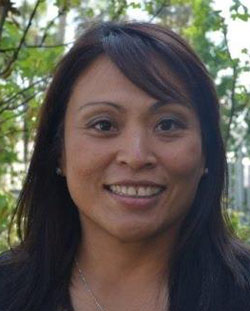 |
||
|
|
||||
|
Sylvain Perdigon |
Sylvain Perdigon’s research concerns questions of moral selfhood, power, and kinship, or “the mutuality of being” (M. Sahlins), in the contemporary Middle East. The book manuscript he plans to complete while at the Institute explores how the contradictory historical processes set in motion by the politics of empire, nationhood, and sovereignty in the Eastern Mediterranean are critically refracted through everyday modes of obligation and affiliation in a Palestinian refugee community in Tyre, South Lebanon. |
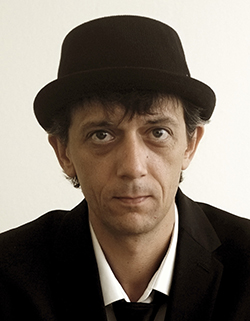 |
||
|
|
||||
|
Kristin Surak |
My current research examines temporary low-skilled migrant work programs to understand how actors manage the boundaries of the state, nation, and economy, and why the inclusion and exclusion of foreign workers assumes different forms. While at the Institute, I will undertake the first global mapping of guestwork programs in Southern Africa, Europe, North America, the Gulf, East Asia, and Southeast Asia. |
 |
||
|
|
||||
|
Miriam Ticktin
|
Miriam Ticktin is investigating practices of containment at the border, and how these are shaped by encounters between humans and non-humans, from wildlife to viruses; she is interested in how the mobility of non-humans shapes the mobility of people. Her project focuses on walls and fences, and spaces of quarantine. |
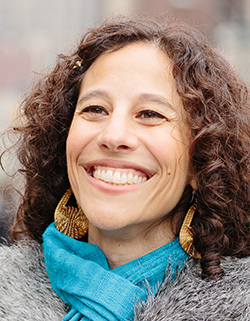 |
||
|
Visitors |
||||
|
Tugba Basaran |
Tugba Basaran is seeking to uncover techniques of inducing and normalizing collective indifference to human suffering in liberal democracies. Her research centers on contemporary deprivation of fundamental rights, with an emphasis on the uses of the rule of law under conditions of security. |
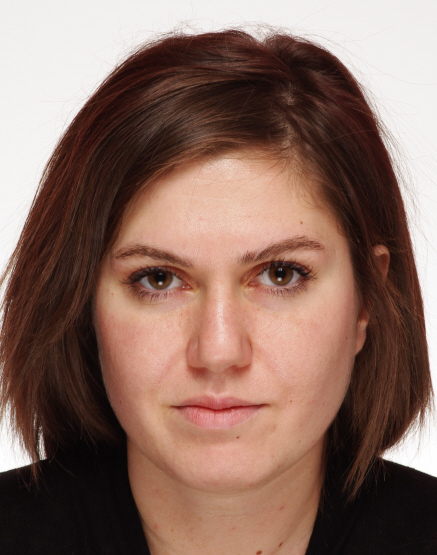 |
||
|
|
||||
|
Anne-Claire Defossez |
My current research addresses the question of women’s political participation and representation. More specifically, it explores the trajectory and experience of women formally involved in politics at local and national levels in France, where the legal imposition of “parité” via the Constitution has had a modest impact on the gender gap in political offices. I analyze in particular how the family background and the personal history, as well as class, residence, and ethnicity, have influenced their engagement, career, and practices in politics. |
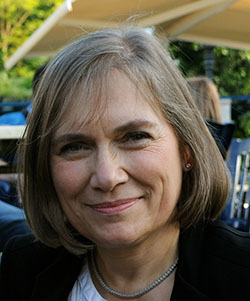 |
||
|
Paulina Faba |
My current research examines the forms of commemoration and visibilization of the past in Chile. Through a comparative as well as a genealogical perspective I examine the origins and transformation of museums and patrimonialization between nineteenth and twenty-first century. Based on an archival and ethnographic research, I started exploring the birth of the Historical Museum and the forms of exhibition of colonial vestiges in the second half of nineteenth century. More recently, I have focused my research on the perceptions and politics of memory by the analysis of the Museum of Memory and Human Rights display of Pinochet´s Dictatorship. |
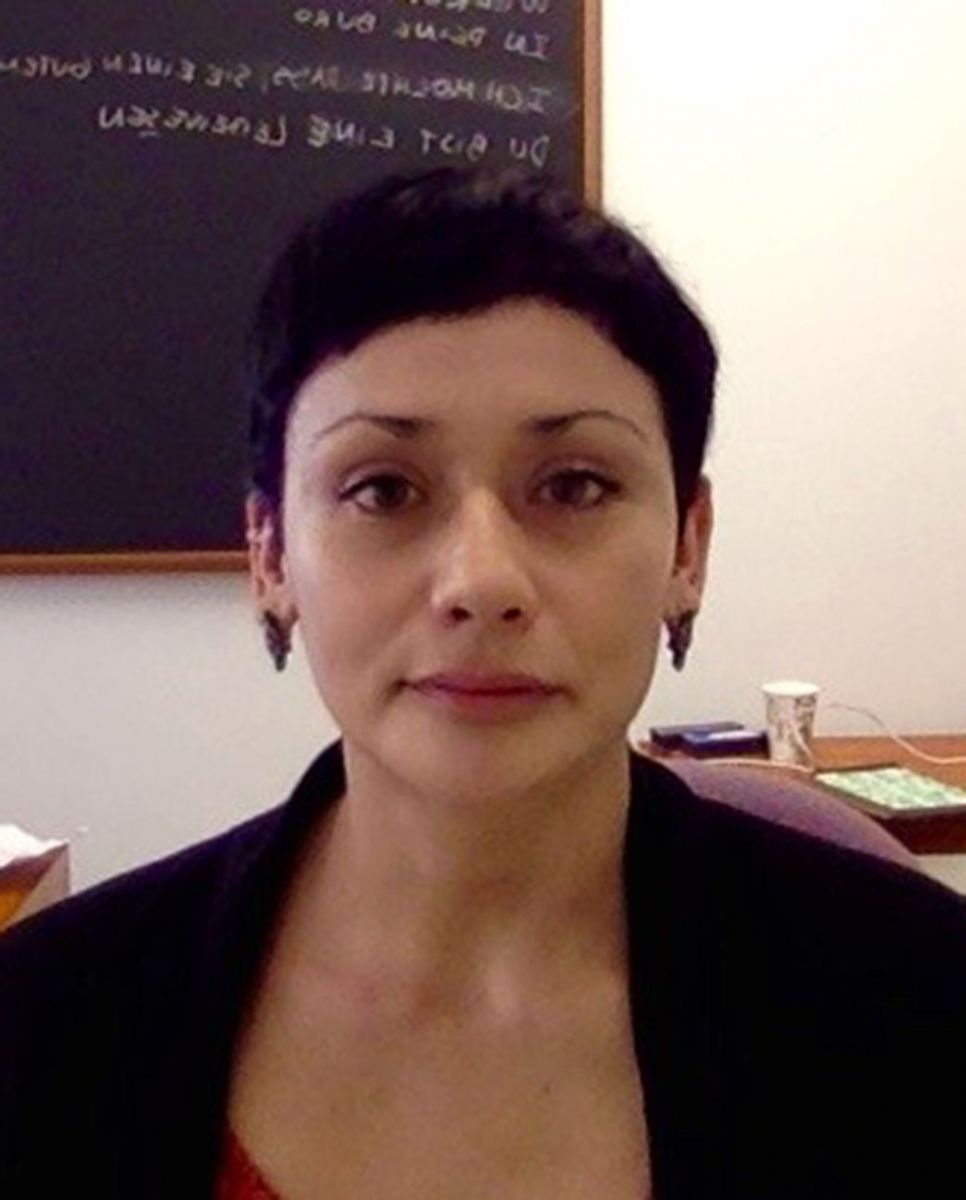 |
||
|
Nannerl O. Keohane |
Nannerl Keohane is currently researching the theory and practice of leadership in democratic societies. At the Institute, she plans to work on a book about democratic leadership, with particular attention to issues of inequality, institution-building, and working together for the common good.
|
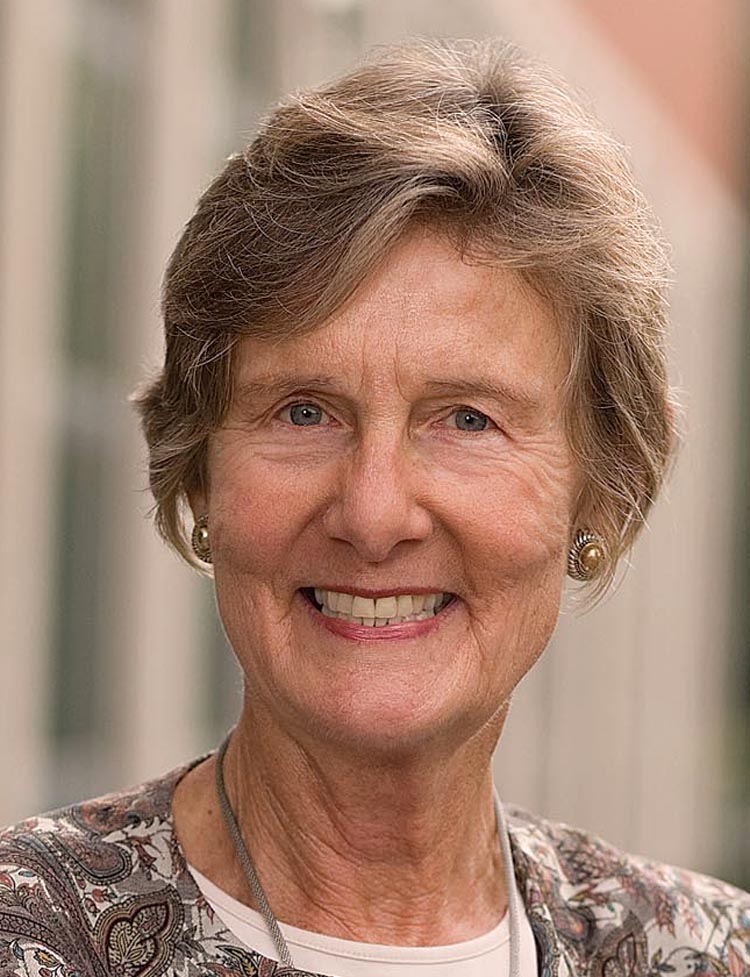 |
||
|
Beth Lew-Williams |
Beth Lew-Williams is a historian of race and migration in the United States, specializing in Asian American history. Her current project is a new history of Chinese Exclusion that maps the tangled relationships between local racial violence, federal immigration policy, and U.S. imperial ambitions in Asia. |
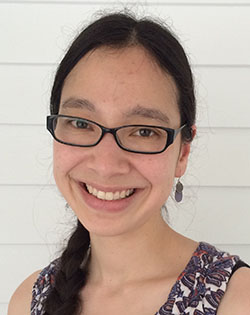 |
||
|
|
||||
|
Duncan McCargo
|
Duncan McCargo is writing a book on politics and justice in Thailand, which draws upon his fieldwork spent attending political trials and embedded with the Bangkok police. His work also addresses broader questions about the recent revival of notions of treason, and the shortcomings of the transitional justice paradigm. |
 |
||
|
Maurizio Meloni |
Maurizio Meloni is working on the historical, conceptual, and political implications of the life sciences, in particular neuroscience and epigenetics. He is currently developing the idea of a “political epistemology” to explain the coproduction of epistemic facts and sociopolitical values from eugenics to the present. At the Institute, he plans to explore how social epigenetics may blur the boundaries between natural and social inequalities. |
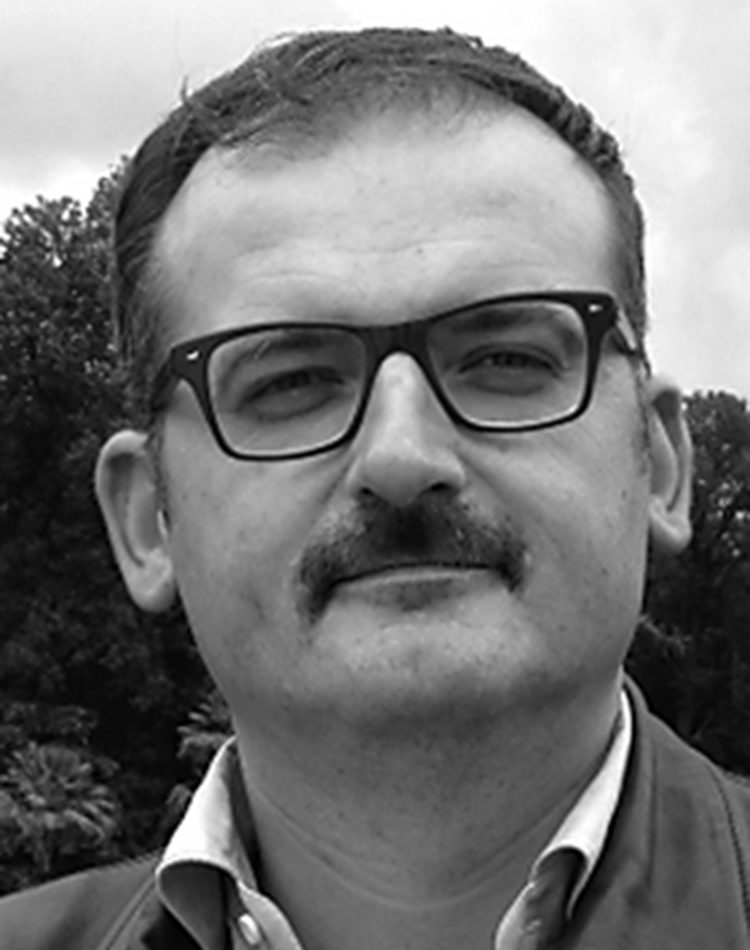 |
||
|
Ellen Stroud |
Ellen Stroud is finishing a book manuscript titled “Dead as Dirt: An Environmental History of the American Corpse.” She will then turn to a new project on the Philadelphia Standard Measure, in which she is exploring the legacy of colonial mapmaking projects for present-day American landscapes and property rights.
|
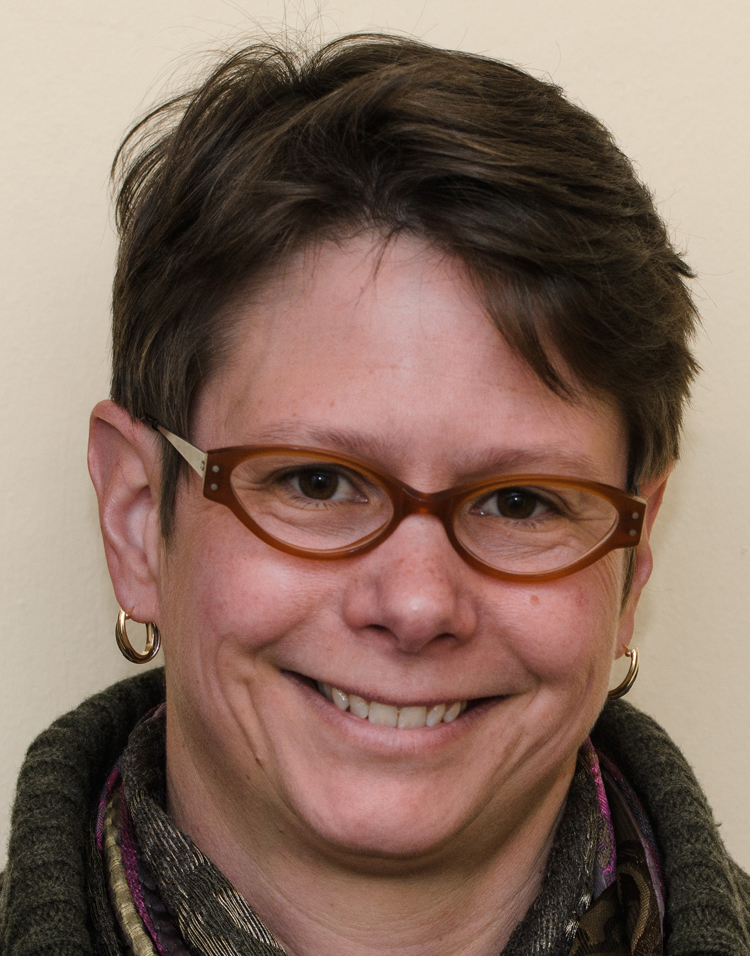 |
||
|
Jennifer Widner
|
Jennifer Widner is working on a book about making government work, as well as two projects on the public management aspects of the West African Ebola response and of forest preservation. |
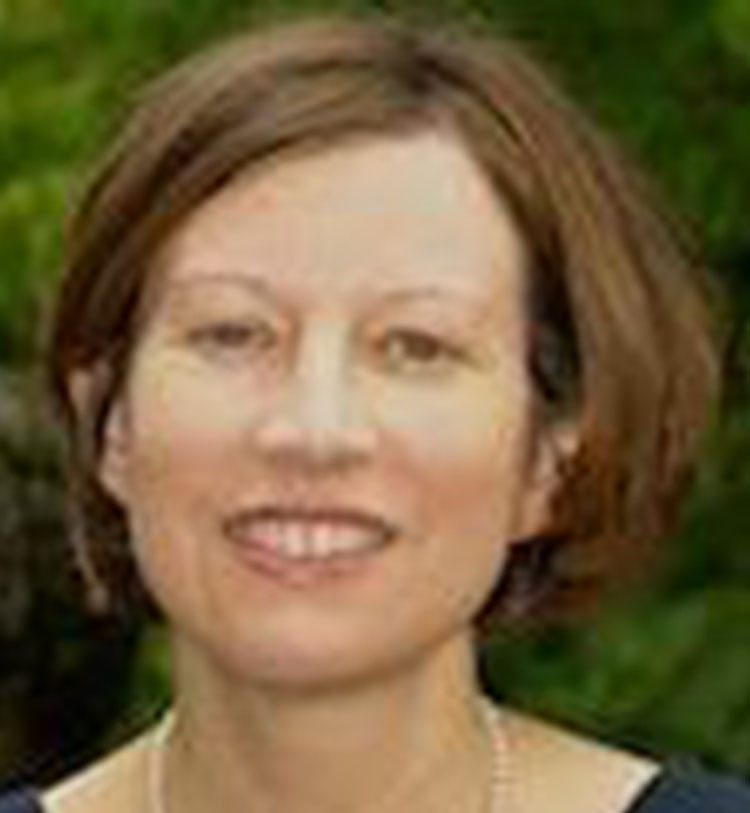 |
||